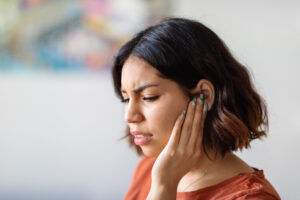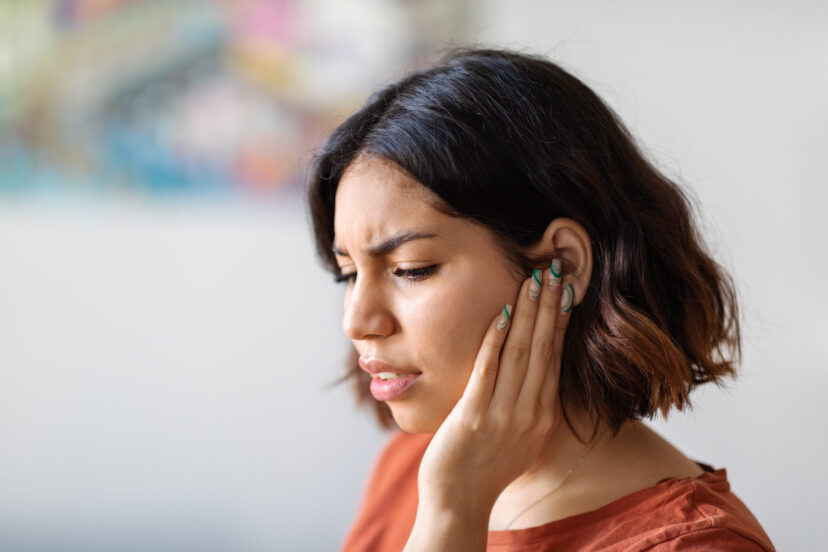Hearing loss is a prevalent concern that affects millions of individuals worldwide. Among the different types of hearing loss, sensorineural hearing loss stands as one of the most common and challenging conditions to manage. This blog post aims to shed light on the intricate causes of sensorineural hearing loss.
Contributing Factors:
Ageing: Age-related hearing loss is a leading cause of sensorineural hearing loss. As we age, the delicate hair cells within the cochlea (the spiral-shaped organ in the inner ear) gradually degenerate, affecting our ability to perceive high-frequency sounds.
 Noise Exposure: Prolonged exposure to loud noises, whether from recreational activities, occupational settings, or environmental sources, can damage the hair cells and structures of the inner ear, leading to permanent sensorineural hearing loss.
Noise Exposure: Prolonged exposure to loud noises, whether from recreational activities, occupational settings, or environmental sources, can damage the hair cells and structures of the inner ear, leading to permanent sensorineural hearing loss.
Genetics: Genetic predisposition can play a significant role in hearing loss. Certain inherited genetic mutations can make individuals more susceptible to sensorineural hearing loss from a young age.
Head Trauma: Severe head injuries or trauma can damage the auditory nerve or the delicate structures of the inner ear, resulting in sensorineural hearing loss.
Understanding the causes of sensorineural hearing loss is essential for early detection, prevention, and treatment. If you suspect you or a loved one is experiencing symptoms of sensorineural hearing loss, call our team on 0333 320 7788, and we will be happy to help.






